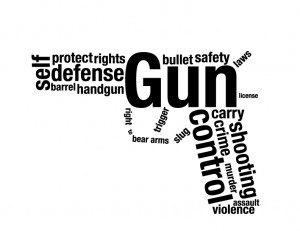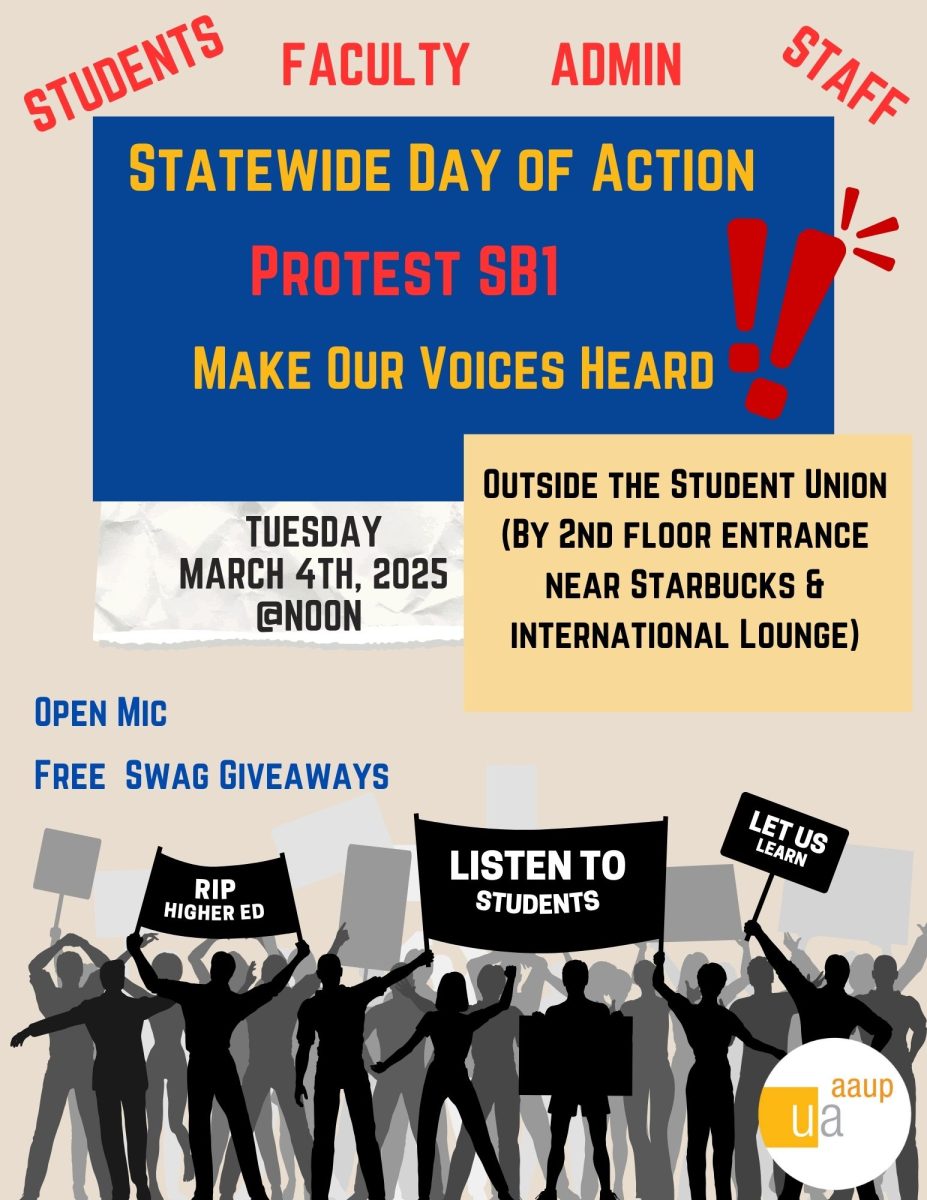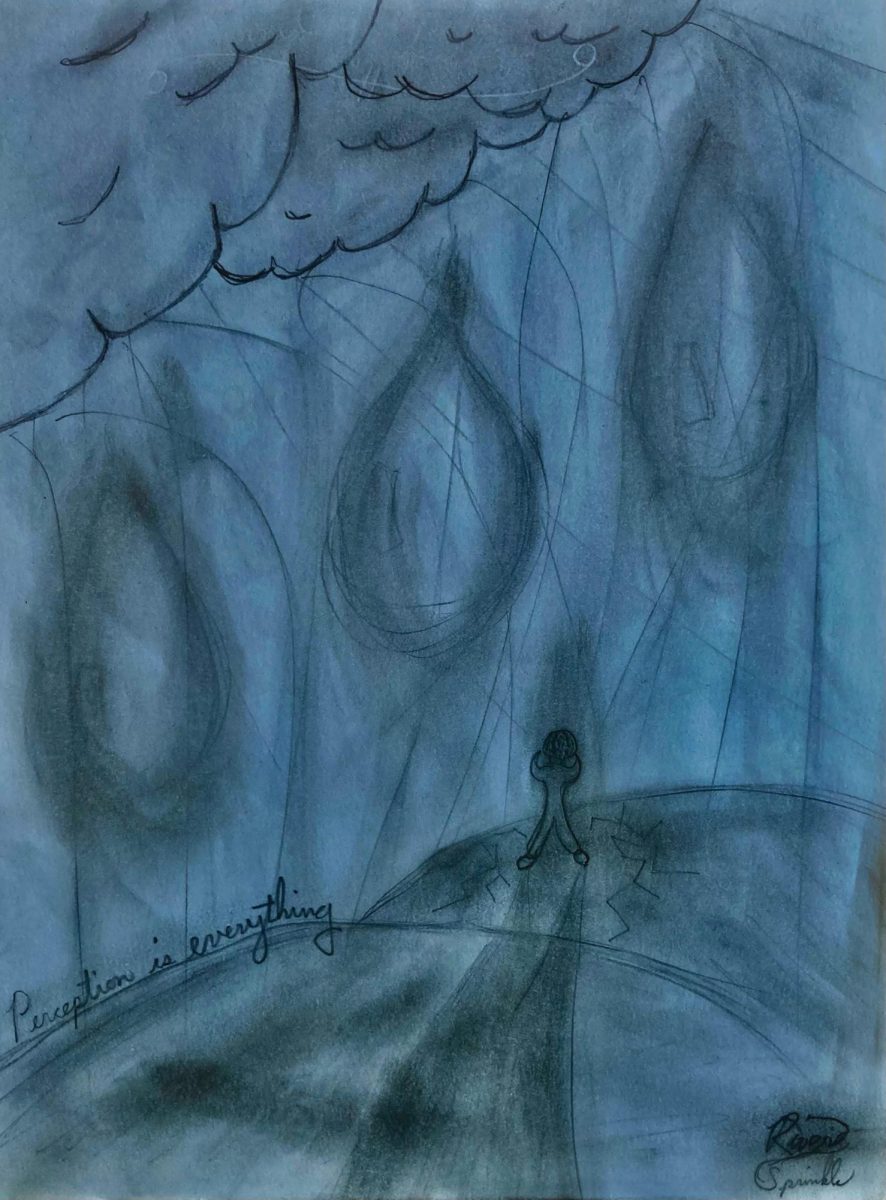Written by: James Carter
In the opinion section of the Aug. 24 issue of this newspaper, we ran an opinion on gun control by writer Matthew Balsinger. This letter is a direct response.
Guns are an interesting debate in American culture. In our discussions, we often hear the plea to the “morally correct,” with both sides claiming their righteousness and often clouding our combined objective: safety.
The author pleads for background checks and waiting periods. Currently, there are no places where you can legally purchase a gun in the United States without going through an FBI background check. Waiting periods sound reasonable, but the vast majority of people who obtain guns legally are not criminals.
Waiting periods have not shown any discernible correlation with reduced crime in the places where they have been enacted. Why is it wrong to turn someone down? By law, it’s not, and they do.
The writer erroneously indicates that there is a federal regulation on magazine capacity. That ban was allowed to expire, but let’s not get away from the point: There are many things which I can obtain legally, with which I can do illegal things. Does regulation effectively stop me?
The writer also mentions the result of gun control “leveling the field” and reducing guns in the hands of bad guys. This is akin to saying that marijuana legislation would reduce the number of pot-smokers.
This kind of legislation simply is not effective. Maybe the writer is unfamiliar with the black market, but the known “bad guys” (who have criminal records) don’t obtain guns through legal means, where legislation is effective.
So if we understand that legislation is largely ineffective for criminals, how do we stop them? We both want peace, right?
The writer’s answer to this is control, and a lot of it: “safety is better maintained by … (a) regulated community.” However, if regulations are ineffective for criminals, will this make us safe?
When we look at crime statistics from other countries — e.g., murder per capita and murder with firearms per capita — we find a few interesting points. When firearms are harder to access, criminals use other tools to kill, according to the United Nations Office on Drugs and Crime. Moreover, strict firearm policy by “almost every other nation in the world” does not greatly impact the murder rate.
Many massacres, and indeed the Aurora, Colo. shooting itself, are not spur-of-the-moment. They are planned, deliberate, indiscriminate attacks on the general public. It’s a stretch to describe slowly stockpiling ammunition over weeks and wiring your entire apartment with booby traps over days as spur-of-the-moment.
The writer also touches on the idea of a police as “those … (who) protect us.” The main objective of a police officer is in their job title: law enforcement officer.
The police will protect us when they can, but they are not our bodyguards. They are paid to enforce the law. The manpower and funding that would be necessary in order to have a police force that would act as our bodyguards is mind-boggling, and something that most citizens would not be able to afford.
So, would you ban martial arts classes in order to stay safe? For all we know, criminals could be in that class as well. Do we ban flight lessons? Terrorists used them to practice before 9/11.
How do we stay safe? We avoid situations if we feel uncomfortable, we think of different scenarios and plan how we will mitigate the encounter, we practice our plans, we stay cognizant of our surroundings, and we try to keep calm and act if the situation requires it.
In Ohio alone, hundreds of thousands of people have permits for carrying a concealed weapon, and even more people own guns. If people with guns murder, why don’t we see more murders?
The answer: They’re protecting themselves with a tool they have access to. They are “leveling the field.”







